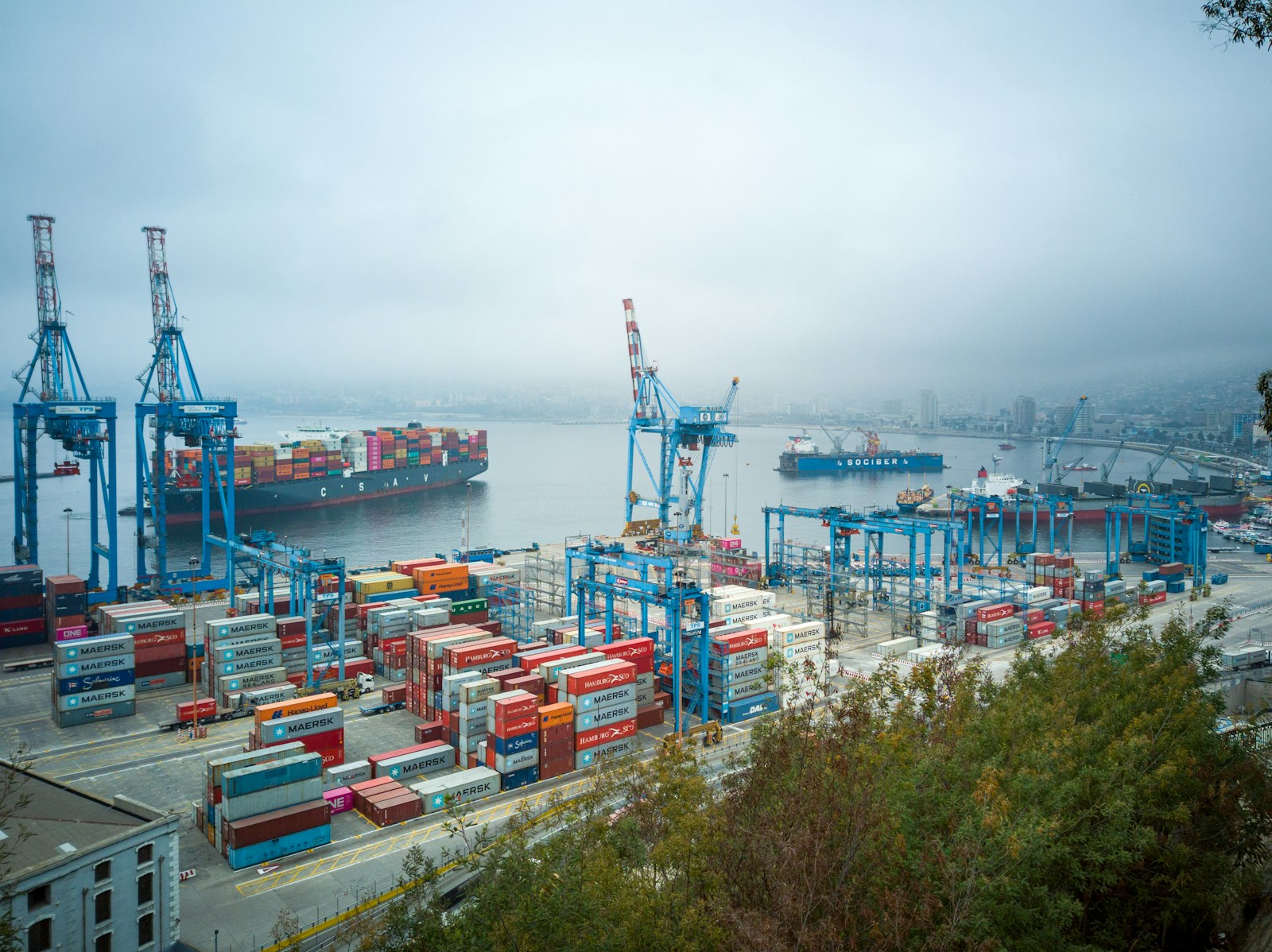India Users in Modern Maritime Era. The “Bills of Lading 2025” Replaces 169 year old colonial law.

India has taken a noteworthy step in modernizing its maritime trade laws with the passage of the Bills of Lading 2025, replacing a 169-year-old colonial-era legislation. Approved by the Lok Sabha in March and cleared by the Rajya Sabha on July 21, 2025, the Bill marks a turning point in aligning India’s shipping framework with contemporary global practices. Spearheaded by Union Minister Sarbananda Sonowal, this reform paves the way for a more efficient, transparent, and future-ready maritime sector.
Table of Contents
Why were the reforms needed?
The Indian Bills of Lading Act, 1856 was a brief colonial-era statute that governed ship cargo documentation and the transfer of rights over goods. Over the decades, this outdated law failed to keep pace with the rapid evolution of global maritime trade and modern shipping practices. Its overly terse provisions, reliance on obsolete terminology, and inherent ambiguities created legal uncertainty and inefficiencies, making reform long overdue.
What the new build changes?
- Modern language and structure: The new bill replaces archaic legal jargon with a clear, accessible and business friendly language making compliance easier for all stakeholders.
- Alignment with international norms: India’s growing role in global maritime trade requires alignment with international documentation standards. The new law updates legal definitions and provisions accordingly.
- Clarity on rights and responsibilities: The legislation clearly delineates the rights and obligations of careers shippers, consignees and lawful holders of bills of lading helping reduce disputes.
- Government empowerment clause: An enabling clause empowers the central government to issue direction or rules for effective implementation, ensuring adaptability.
- Legal continuity repeal and saving clause: While repealing the 1856 Act, the bill preserves all past valid actions taken under the old law to ensure smooth transaction.
Speeches and vision from Parliament.
Union Minister Sarbananda Sonowal emphasized that the reform reflects a decisive shift towards India’s constitutional values and long-term economic ambitions. He linked the Bill to Prime Minister Narendra Modi’s Viksit Bharat 2047 vision, urging the nation to modernize its systems and prepare for the future. Sonowal highlighted that the 76th year of India’s Constitution is the right moment to discard colonial-era frameworks and adopt a forward-looking, accessible maritime law.
“The Bills of Lading, 2025 reflects our constitutional values and marks a vital step in replacing outdated colonial laws with a modern, transparent framework,” he stated.
What it means for India’s maritime sector?
- Ease of doing business (EODB): Modernizing shipping law will reduce legal friction and litigation risk, making international contracts more predictable and efficient.
- Global trade alignment: Adoption of international standard documentation helps India present a competitive, reliable front in maritime trade corridors.
- Supporting growth in ports and logistics: This reform is set to be a game-changer for India’s ports and shipping sector, paving the way for a more digitalized and systematic approach to maritime trade. While the Bill does not directly regulate infrastructure or operations, it provides the much-needed legal backbone for seamless documentation and smoother logistics, thereby supporting the broader growth of the industry.
- Moving towards a sovereign legal framework: By repealing a nearly two-century-old colonial law and introducing a modern statute crafted in the Indian context, the reform underscores India’s legal sovereignty and self-confidence. It establishes a transparent and inclusive regulatory framework while positioning the country to embrace future trade innovations such as digitized bills of lading. Union Minister Sarbananda Sonowal described the reform as a milestone in building a Swaraj Bharat, guided by indigenous principles rather than colonial legacies.
Conclusion
Historic lawmaking for modern trade.
The Bills of Lading Act, 2025 is far more than a routine legal update, t is a strategic reform that replaces the colonial-era Indian Bill of Lading Act, 1856 with a transparent, streamlined, and internationally aligned framework. By modernizing maritime law, the Act aligns India’s shipping ecosystem with global trade realities, ensuring clearer documentation, reduced legal disputes, lower compliance costs, and greater investor confidence in ports and logistics.
As India charts its growth path towards Viksit Bharat 2047, this legislation will serve as a cornerstone in building a future-ready, trade-friendly legal infrastructure.
By entering the email address you agree to our Privacy Policy.